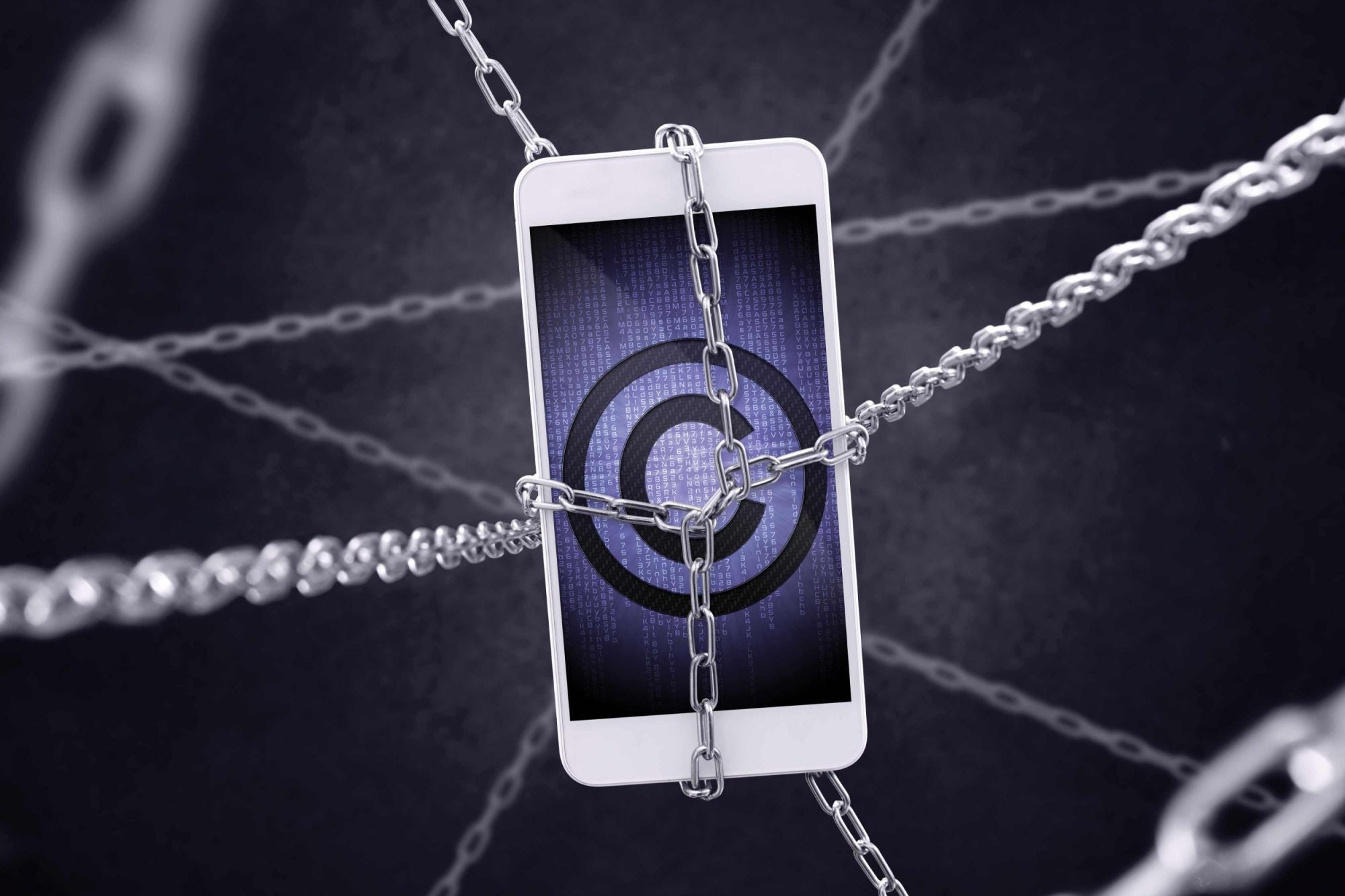Why Your Trademark Is A Must-Have Your business cannot do without a trademark in today's competitive environment. Here's why.
Opinions expressed by Entrepreneur contributors are their own.
You're reading Entrepreneur South Africa, an international franchise of Entrepreneur Media.

Generally speaking, trademarks serve to protect the exclusive use of your company name, slogan or logo.
A significant number of business owners think that because they have registered a company and reserved a company name with the CIPC, their exclusive right to the name is ensured. The short answer is that this assumption is incorrect. Reserving a company name with the CIPC does not necessarily mean that you have the exclusive right to use that name.
This article seeks to provide you hard-working entrepreneurs and business owners with a better understanding of what a trademark is, why it is needed for your business, and some of the incredible, but not particularly well known, benefits of having a registered trademark.
Reserving a company name versus registering a trademark
Following on from the company name example above, the register of company/business names and the register of trademarks are two completely separate registers.
For example, Darryl, an enterprising serial entrepreneur, decides to reserve his company name "Darryl's Delightful Doughnuts', and thinks that because he has reserved his company name, nobody else is entitled to use that name or anything similar. Darryl is wrong.
Darryl doesn't realise that another Darrel from another province, who has decided never to incorporate his company, but rather to remain a sole proprietor, has registered a trademark for the name "Darrel's Delightful Doughnuts', and has been trading for five years longer than our Darryl.
After a number of years of trading, with both businesses growing, Darryl and Darrel eventually learn of each other, and both try to prevent the other from using their respective business names.
Although there are certain exceptions in terms of the law of trademarks, such as honest concurrent users, generally speaking, Darrel, with the registered trademark, and who had been trading for a longer period of time, is principally entitled to use of the name, and could forcibly prevent Darryl from using his version of the name.
What becomes apparent is that when reserving your company name, also do a search of the trademarks' register, and file for a trademark to avoid suffering the fate of poor Darryl.
Prevent others from cybersquatting by using your brand name
By submitting a registered trademark to the international Trademark Clearinghouse, when a new domain is registered that incorporates your registered trademark, the Trademark Clearinghouse will warn the person attempting to register your domain that it is the subject of a registered trademark, and will also send you a notification informing you that somebody is trying to register a domain containing your trademark, allowing you to take action, and prevent the registration.
Licensing of a trademark
Let's assume that our Darryl did not have an issue with Darrel, and had a registered trademark. Darryl's Delightful Doughnuts has been growing substantially, to a point where he now wants to franchise the business, and to use distributors and agents to distribute his delightful doughnuts.
One of the primary enabling mechanisms that will allow Darryl to franchise his business effectively, and to allow agents and distributors to utilise his branding, is through the licensing of his trademark, with or without a fee, to his franchisees, distributors and agents.
Security for a loan
In building out his franchised business, Darryl also needs to purchase fancy new head offices, for which he does not have the cash flow as yet to purchase himself. Guess what? Darryl's registered trademark comes to the rescue once again, and can be used as security when applying to a bank for a loan to fund his office expansion.
His trademark has effectively become a standalone asset with intrinsic value, and is not merely regarded as goodwill as would be the case with an unregistered trademark.
Google AdWords keyword poaching
I have touched on this topic briefly in a previous article, but it is worth canvassing again due to our ever-growing dependence on pay-per-click advertising through Google AdWords.
Darryl's Delightful Doughnuts has now been growing exponentially for the past five years, and is well known to a large number of people in South Africa. Eric decides to start up his own business, "Eric's Emphatic Doughnuts', but feels he would be better suited shortcutting the growing process by leveraging off of the success of "Darryl's Delightful Doughnuts'.
When Eric creates his Google AdWords campaign, he decides to use the keyword "Darryl's Delightful Doughnuts' to show his, Eric's, advert.
Because of the high online search volume of "Darryl's Delightful Doughnuts', Eric's doughnut business skyrockets, to the despair and dismay of Darryl, who has suddenly lost a significant amount of business due to Eric's actions.
There is, however, some hope for Darryl, in that Google has a neat utility in which registered trademark owners who are the victim of such "keyword poaching', are able to submit their registered trademarks to Google, which will then remove the offending keyword from the competitor's AdWords campaign.
This remedy is one that is unfortunately only available to holders of registered trademarks. I hope that this has given you a better grasp of what a trademark is and how it functions as an effective tool in growing your business and protecting your legitimate interests.












